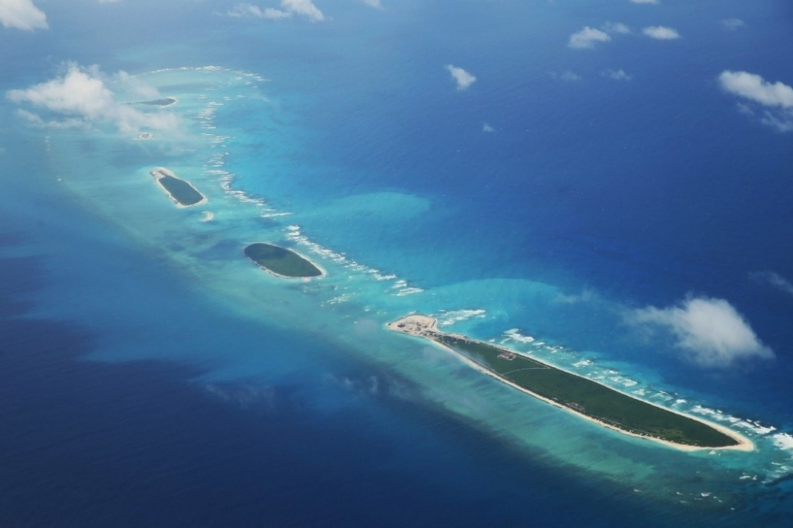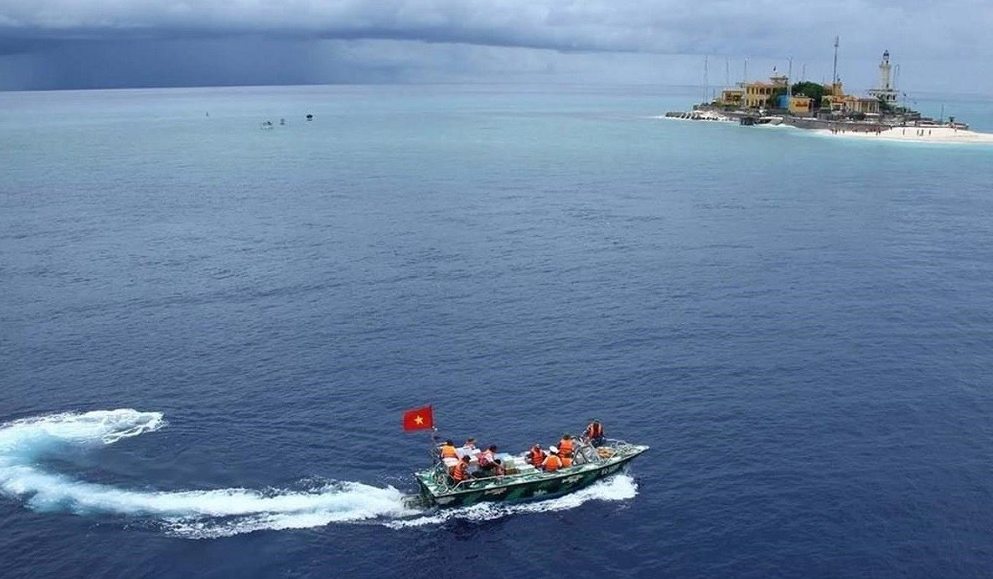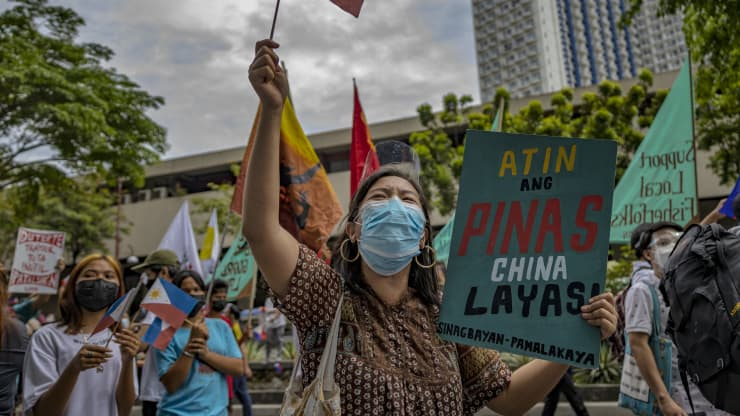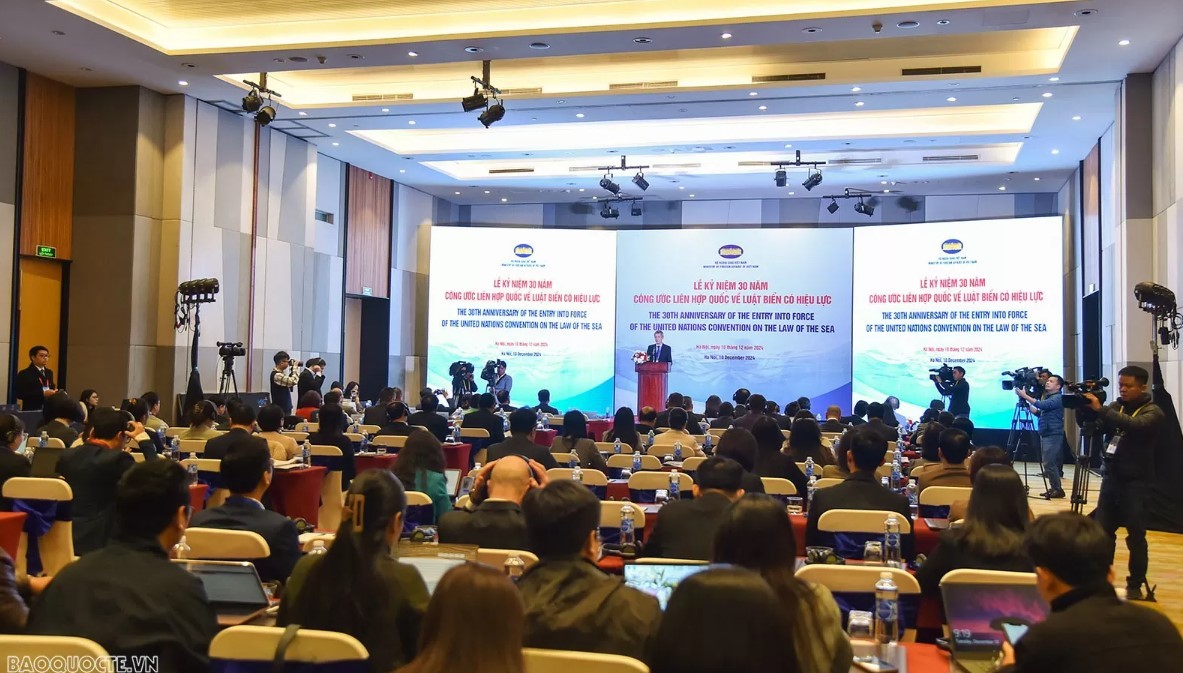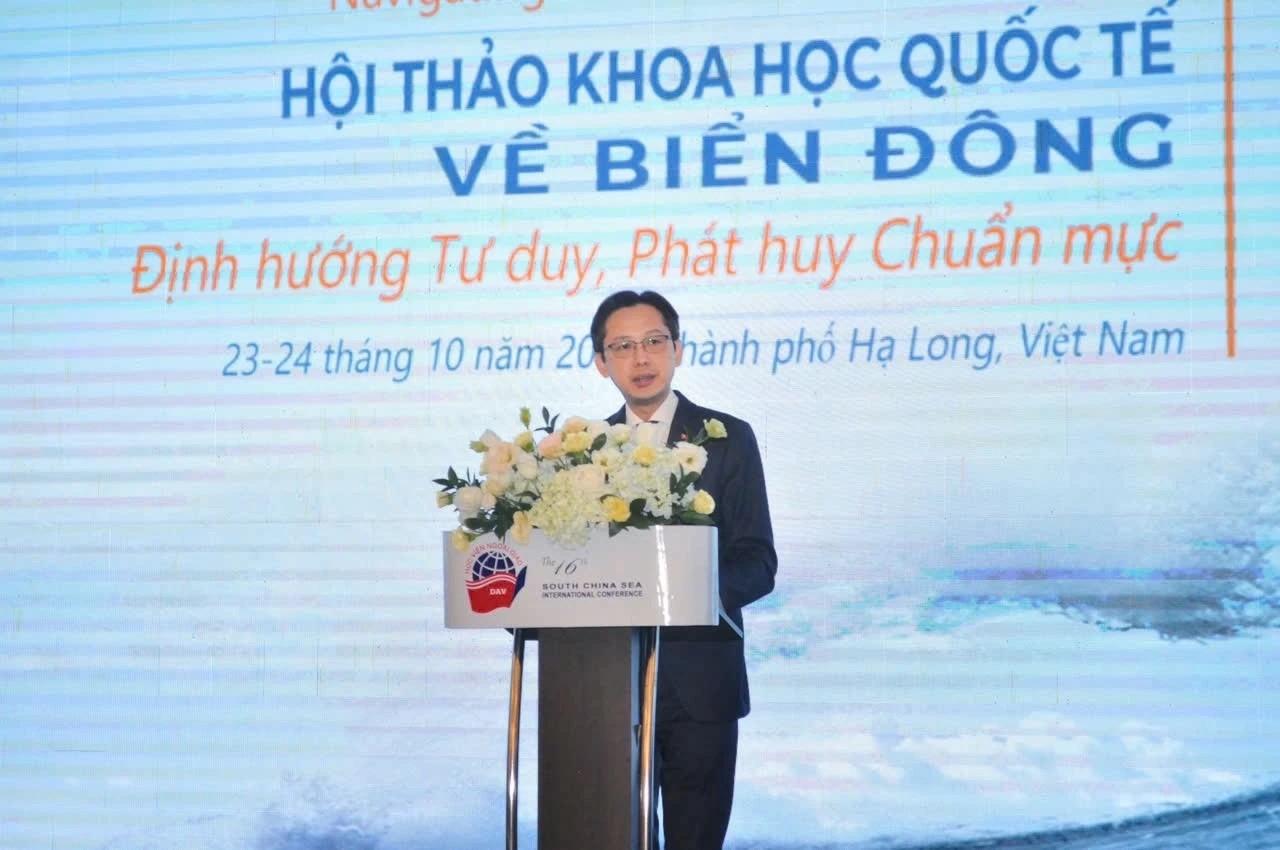South China Sea Disputes Must Be Settled Through Diplomatic, Legal Processes: Spokesperson
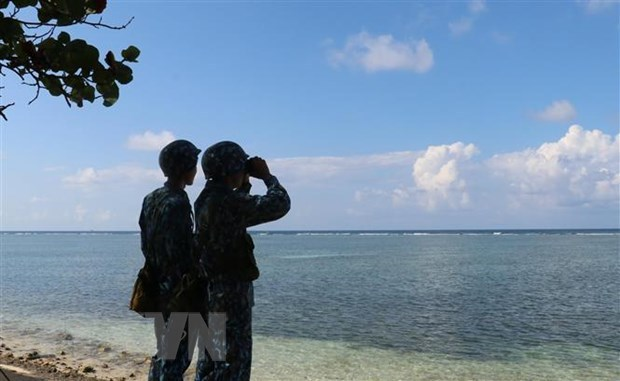 |
| Vietnamese soldiers in a patrol on Son Ca island. Photo: VNA |
Hang made the statement while responding to reporters’ questions on Vietnam’s comments on the anniversary of five years since the Permanent Court of Arbitration (PCA) issued its ruling on the South China Sea issue in the landmark Philippines vs China dispute on July 12, 2016.
Vietnam always backs the settlement of disputes regarding sovereignty, sovereign rights and jurisdiction in the South China Sea through diplomatic and legal processes, without the use of force or threats to use force, and by peaceful solutions and measures, in accordance with the UN Charter and the 1982 UN Convention on the Law of the Sea (UNCLOS), Hang was cited by the Vietnam News Agency (VNA) as saying.
As a UNCLOS signatory and a coastal nation to the South China Sea, Vietnam called on all concerned parties to respect and fully realise their legal obligations as stipulated in the convention, cooperate and actively and pragmatically contribute to maintaining peace, stability, security, safety and freedom of navigation and aviation, and order in the South China Sea in line with international law, she said.
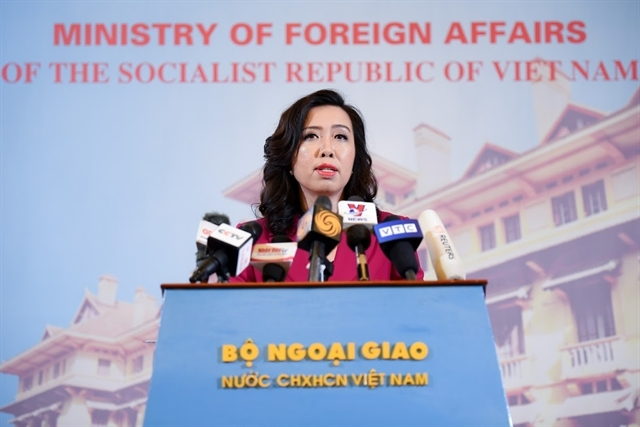 |
| Spokeswoman of the Ministry of Foreign Affairs Le Thi Thu Hang. Photo: VNA |
On this occasion, the spokeswoman also reiterated Vietnam’s stance on its sovereignty over Hoang Sa (Paracel) and Truong Sa (Spratly) archipelagoes, and waters over which Vietnam has sovereignty, sovereign rights and jurisdiction as defined in the convention.
At the ministry’s regular press conference on July 8, Hang answered reporters’ queries about the information that a research vessel of Sun Yat-sen University (China) will head to the South China Sea, specifically Vietnam’s Hoang Sa archipelago, in October 2021.
She said as affirmed many times, Vietnam has sufficient legal basis and historical evidence affirming its sovereignty over the Hoang Sa and Truong Sa archipelagoes as well as legitimate rights over its territorial waters as defined in the 1982 UNCLOS.
She stressed that all exploration, survey and scientific research activities in the Hoang Sa archipelago without Vietnam’s permission violate its sovereignty and related rights, and are illegal and valueless./.
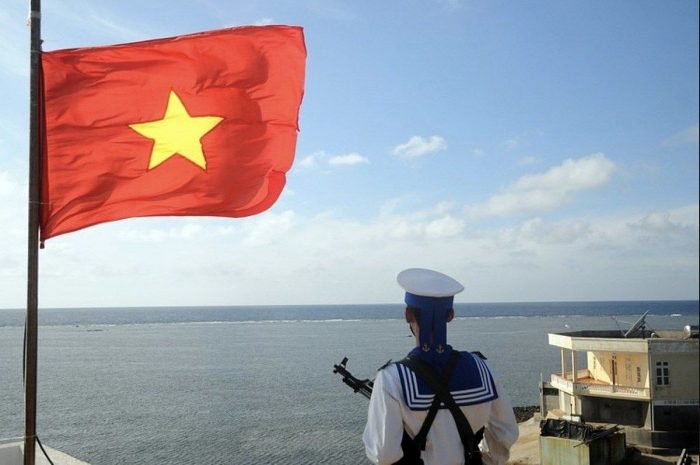 |
| All exploration, survey and scientific research activities in the Hoang Sa archipelago without Vietnam’s permission violate its sovereignty and related rights, and are illegal and valueless. Illustrative photo: Asiatimes |
| An international tribunal in The Hague ruled in favor of the Philippines in a maritime dispute in 2016, concluding China has no legal basis to claim historic rights to the bulk of the South China Sea. The tribunal concluded that China doesn't have the right to resources within its "nine-dash line," which extends hundreds of miles to the south and east of its island province of Hainan and covers some 90% of the disputed waters. Viewed as a decisive win for the Philippines, the ruling could heighten friction in a region already bristling with tension, especially if it unleashes a defiant reaction from China, according to CNN. China rejected the ruling and has stood by its claim to most of the waters within the so-called "nine- dash nine." |
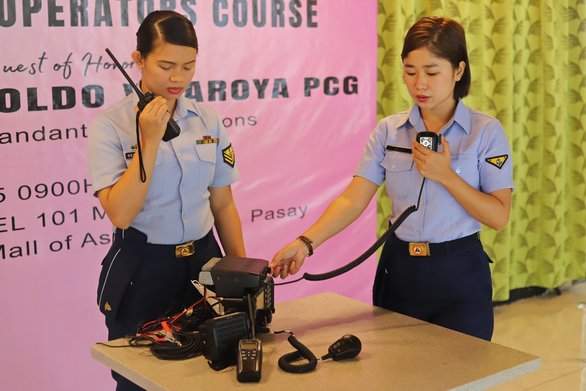 | South China Sea: Philippines pins hopes on new secret weapon – woman’s voice The Philippines hopes that a female voice would be its new secret weapon to deter intruders in the South China Sea (known as Bien ... |
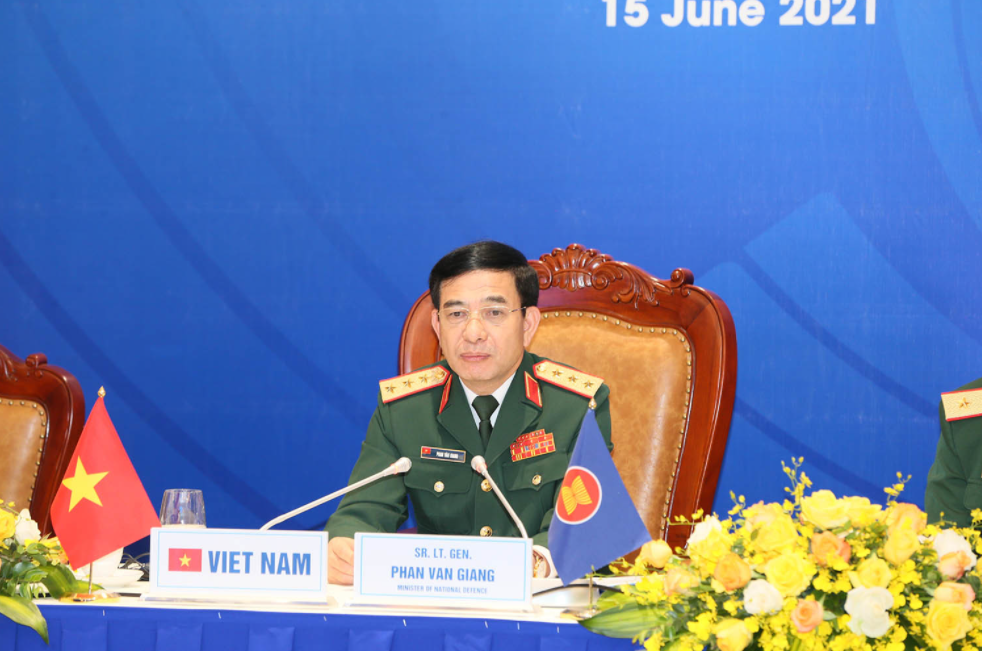 | Vietnam calls for early completion of Code of Conduct in the Bien Dong Sea Vietnam Minister of National Defence raised maritime and South China Sea security issues during the 8th ASEAN Defence Ministers Meeting Plus. |
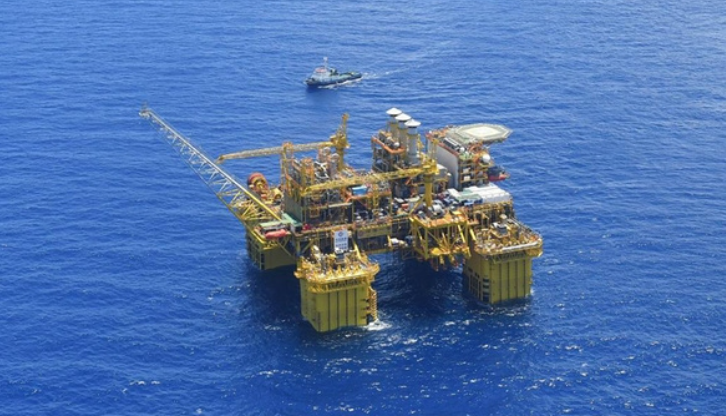 | Deploying world's largest energy station on Bien Dong Sea: What does China intend? An article by Tran Cong Truc, former Chief of the Government’s Border Committee, about China's "Deep Sea No.1" energy station deployed outside the Gulf of ... |
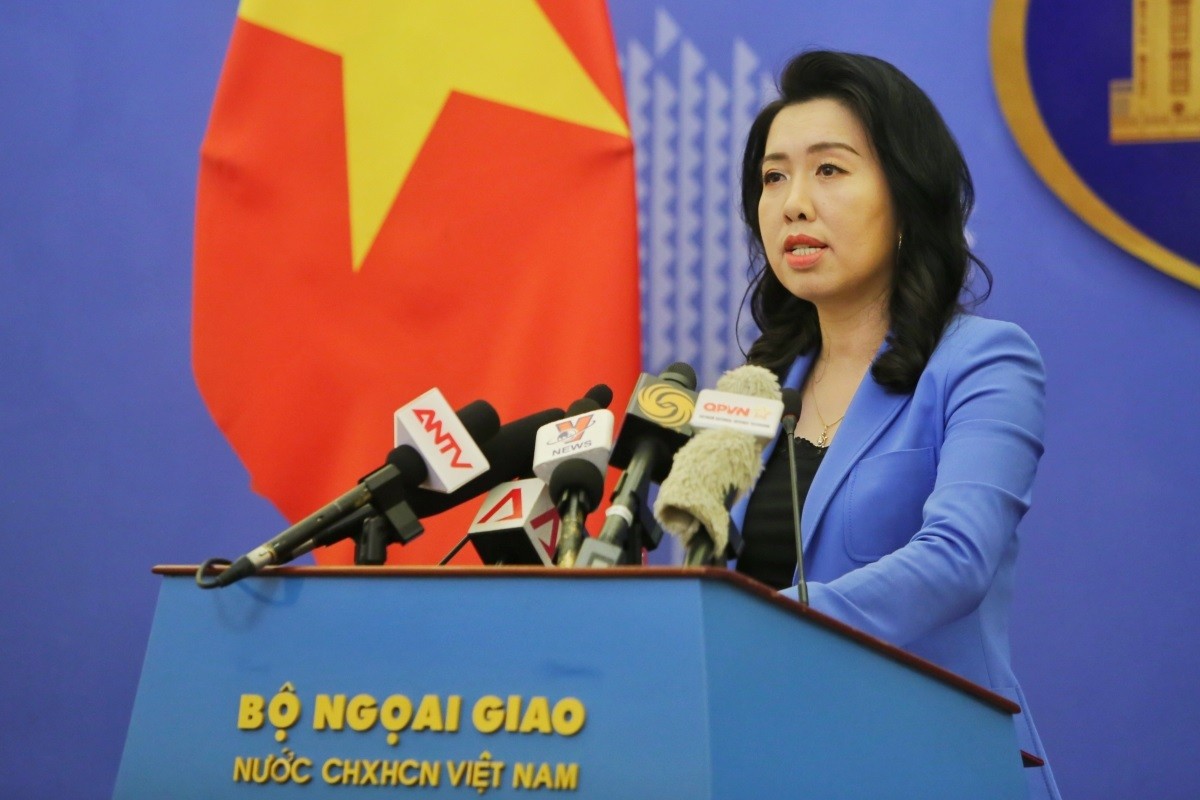 Seas and islands
Seas and islands
Vietnam Demands China Respect The Country's Sovereignty in East Sea
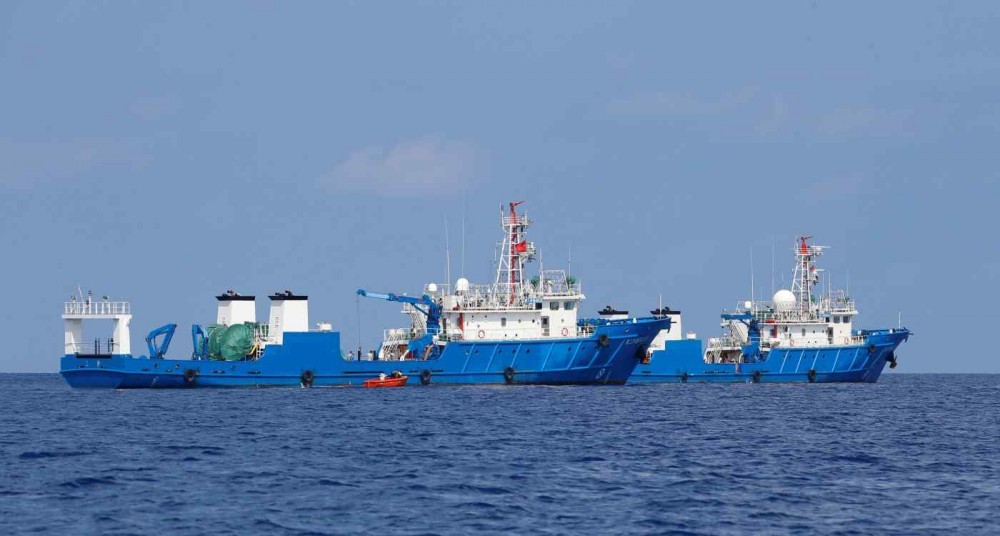 Focus
Focus
Promoting Substantive And Effective Code of Conduct in The South China Sea
Recommended
 Seas and islands
Seas and islands
Vietnam Endorses Common Voice on Ocean Jurisdiction
 Seas and islands
Seas and islands
Dialogue as Key to Settling Disputes and Advancing Law of the Sea
 Seas and islands
Seas and islands
RoK Navy Ship Pays Friendly Visit to Da Nang City
 Seas and islands
Seas and islands
Naval Region 5 Promotes Reading Culture, Fosters Patriotism
 Seas and islands
Seas and islands
Coast Guard Region 2 Command Hosts Philippine Coast Counterpart
 Seas and islands
Seas and islands
Vietnam - Thailand Navy: Coordination to Well Address Problems at Sea
 Seas and islands
Seas and islands
Honoring the Fallen: Incense Offering for the 37th Anniversary of Gac Ma
 Seas and islands
Seas and islands

